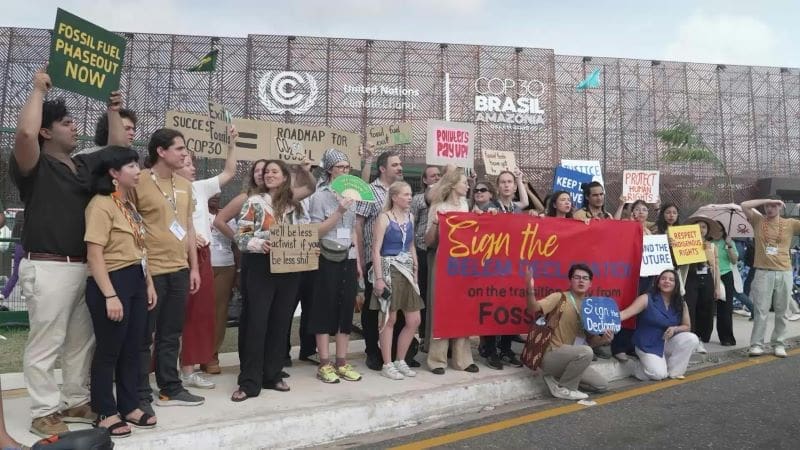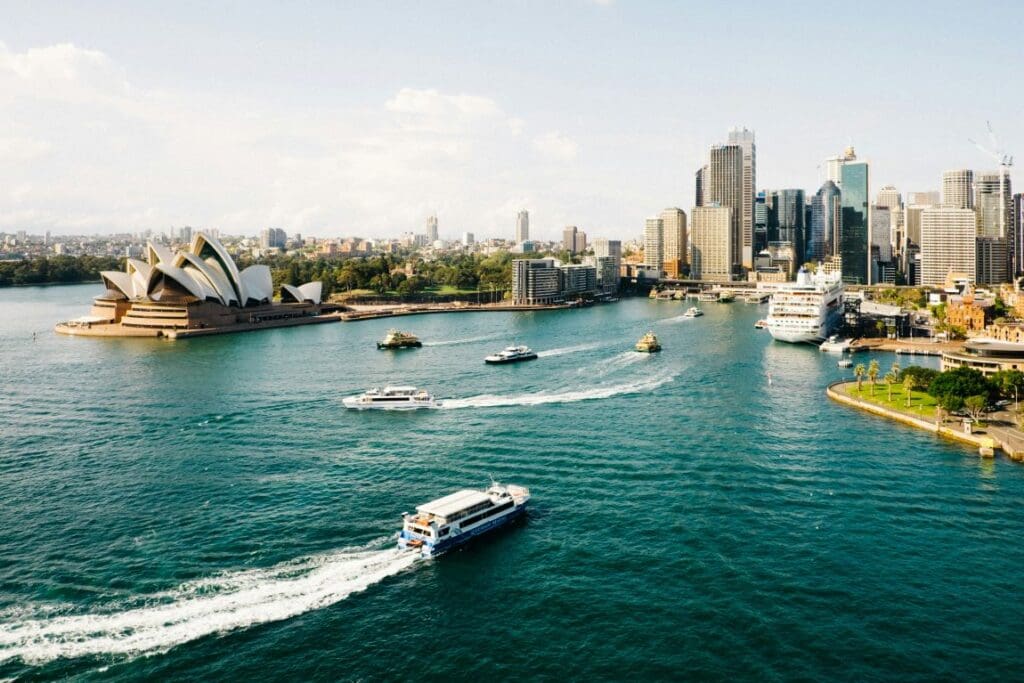Belém, Brazil | AFP
Brazilian President Luiz Inacio Lula da Silva put his “roadmap” from fossil fuels back at the top of UN climate talks in Belem on Wednesday, despite the failure of a bold bid to seal an early deal.
Lula flew into the Amazonian city to bring the weight of the presidency to the summit, in a rare late-stage visit by a head of state or government at the annual gathering.
COP30 host Brazil released a draft pact on Tuesday and pushed negotiators to work through the night, hoping to get nations to agree on the most disputed points as soon as Wednesday — two days before the conference is scheduled to end.
Lula, who has invested political capital into making what he dubbed the “COP of truth” a success, shuttled between rooms to meet with ministers of various negotiating groups.
He burst jovially into the evening’s press conference two hours late, singing the praises of Belem and the state of Para, boasting: “From the beginning, I had no doubt that we were going to organize the best COP of all those held so far.”
He then returned to his “roadmap” away from oil, coal and gas that he first floated earlier this month, lighting the fuse for the summit’s ambitious tone.
“We need to show society that we want this without imposing anything on anyone, without setting deadlines for each country to decide what it can do within its own time, within its own possibilities,” he said.
“But we are serious — we need to reduce greenhouse gas emissions. We need to start thinking about how to live without fossil fuels.”

No more money
Lula “said clearly the roadmap is what he wants to see coming out of the conference,” Marcio Astrini of Brazil’s Climate Observatory told AFP.
“We need to see all this optimism reflected in the final text,” added Greenpeace Brazil.
Still, much work remains to reach consensus, not only on the roadmap away from fossil fuels — supported by a coalition of more than 80 countries but opposed by the oil-producing bloc — but also on trade measures and other divisive topics.
Negotiators are notably at odds over pressure from the developing world for developed countries to provide more financing to help vulnerable nations adapt to climate change and deploy renewable energy.
The COP29 summit in Baku last year concluded with developed nations agreeing to provide $300 billion a year in climate finance, a figure criticized by developing countries as woefully insufficient.
The EU, where many countries are facing economic headwinds and soaring debt, has led the opposition to demands for more money.
“We’re not looking at any increases in adaptation finance,” Irish climate minister Darragh O’Brien said.
The EU is also fighting attempts led by China and major developing economies to have language against its tax on imports of carbon-intensive goods such as steel, aluminum, cement and fertilizers.
Grants, not loans
“There should be at least a mention (of trade measures), because they become a disabler instead of an enabler. So, I think they will be mentioned in some way,” Mexican environment minister Alicia Barcena told AFP.
Aisha Humera Moriani, Pakistan’s head of delegation, told AFP that “it’s extremely important that we find something on the operationalization of that $300 billion.”
She added that most of the funding should boost climate-vulnerable countries’ resilience to extreme weather and a larger share needs to come as grants, rather than loans that further burden poor nations with debt.
A new text is expected to be published on Wednesday.
COP30 is due to end on Friday, but climate summits regularly run into overtime.
In a sign that Brazil wants to stay on schedule, delegates sleeping on two cruise ships serving as floating hotels have been told to vacate their cabins on Saturday morning.
bur-lth-ia/des
© Agence France-Presse
Article Source:
Press Release/Material by Julien Mivielle, Nick Perry and Issam Ahmed | AFP
Featured image credit: kjpargeter | Freepik




